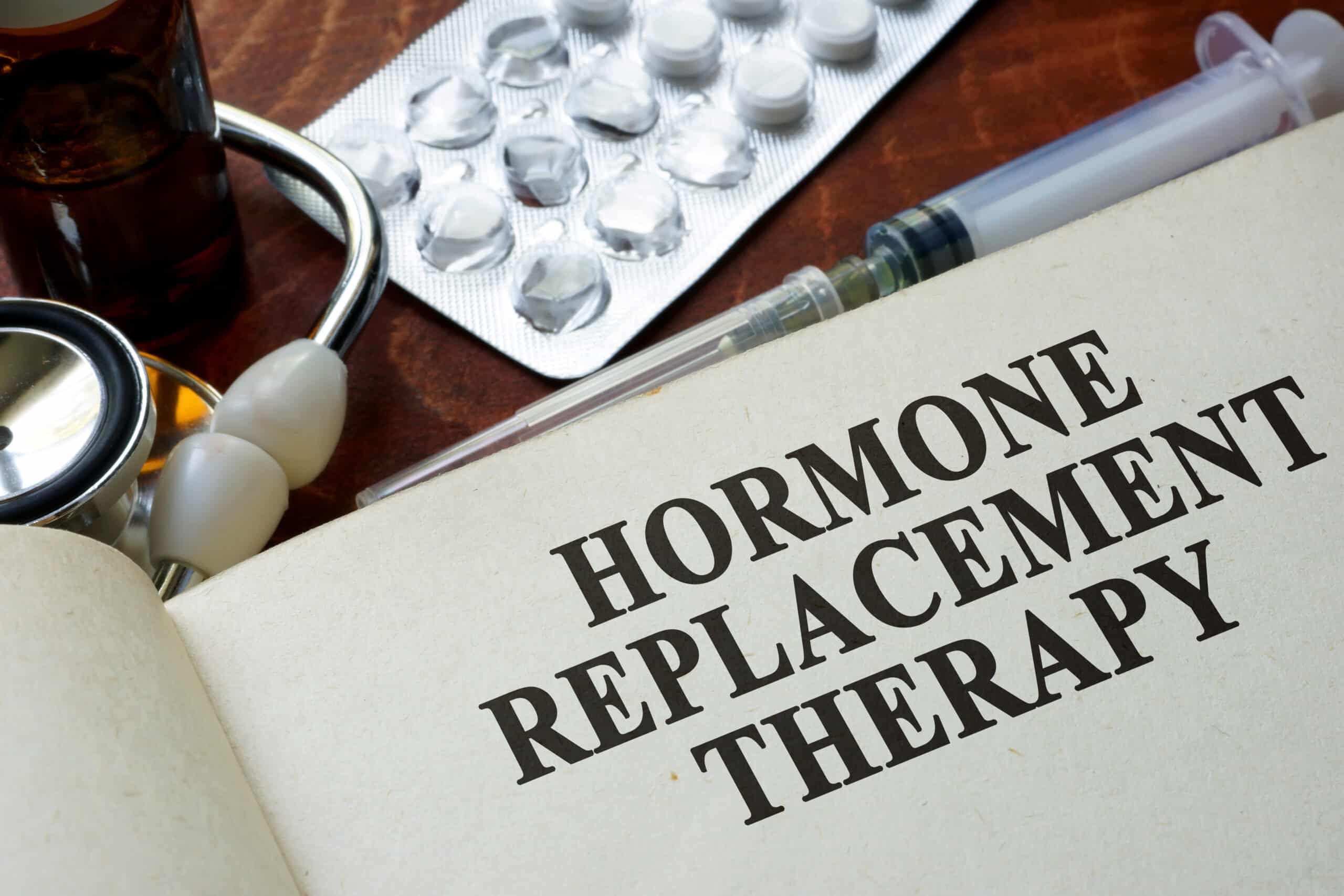Hormone replacement therapy tablets are used to relieve menopausal symptoms, different treatments are available depending on the symptoms. Studies have shown increased risks to menopausal women using HRT in the past, but there has been lack of information on risks associated with different types of HRT.
Using 2 UK primary databases CPRD and QResearch the team from the University of Nottingham compared HRT prescription records from over 80,000 women between the ages of 40-79 who developed blood clots with over 390,000 women who did not develop clots as control, taking into account relevant factors such as lifestyle, family history of clots and underlying conditions linked to blood clots.
Most hormone replacement therapy tablets were found to be associated with increased risk of venous thromboembolism compared with no HRT, finding 9 extra cases per 10,000 women per year. Tablets containing equine oestrogen were consistently associated with higher risks than those containing synthetic oestrogen; higher doses of oestrogen were associated with higher risk. No increased risk were found for skin patches, gels, and creams.
Being an observational study cause can not be established, and some limitations may have influenced results, however despite this the team say the study has provided a more detailed picture of the risks of different hormone replacement therapy tablets for VTE which may help clinicians and women make more informed choices.
The team suggests transdermal HRT should be given greater consideration especially for women who are already at increased risk of VTE with recent guidelines.




